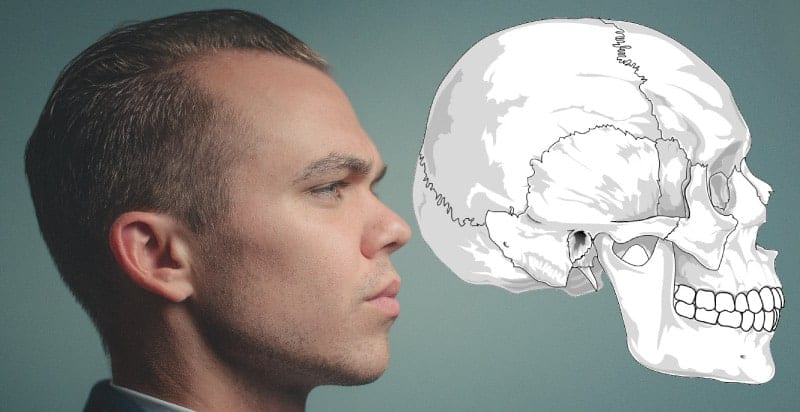
You may have heard of TMJ syndrome or TMD, but do you know exactly what it is? Below, we explain what the disorder is, what causes it, and what treatments are available.
Temporomandibular Joint
The temporomandibular joint (TMJ) connects your lower jaw to your skull’s cheek bone. This hinge joint allows you to move your jaw from side to side and up and down in order to talk, yawn, and chew. Many people mistakenly refer to dysfunction of this joint as “TMJ”. However, “TMJ” is simply the joint.
Dysfunction of the TMJ
TMJ syndrome, disorder or dysfunction and temporomandibular joint disorder or dysfunction (TMD) refers to any problem or pain in your temporomandibular joint and your muscles that control jaw movements. Patients with TMD often experience a range of symptoms and end up having different reasons for their TMJ discomfort.
TMD Symptoms
You may be experiencing TMD if you have:
- Pain or tenderness in your face or jaw
- Issues opening your mouth wide
- Problems with your jaw locking or getting stuck
- Clicking or popping in your jaw joint that may or may not be painful
- Difficulty chewing
- Pain in or around your ear
- Swelling on the side of your face
- Headaches, dizziness, upper shoulder pain, toothaches, neck aches, or ringing in your ears
TMD Causes
Some of the most common causes include:
- Injury to the jaw
- Bruxism, the grinding or clenching of teeth, sometimes caused by extreme stress
- Arthritis and erosion within the temporomandibular joint
- Displacement of the TMJ disc, which functions as a cushion between the lower jaw and skull
TMD Treatments
There are a number of treatment options for patients with TMD:
- Medications to help relieve the painful symptoms, such as anti-inflammatories, muscle relaxants, pain relievers, and tricyclic antidepressants
- Physical therapy, such as exercises to stretch and strengthen jaw muscles
- Nightguards can protect your teeth and help alleviate TMD symptoms due to nighttime teeth grinding
- In more extreme cases, surgery may be necessary
We Will Help You Find a Solution!
If you think you have TMD, give us a call to schedule an appointment. At Bluedot Dental, we’re dedicated to finding a treatment that alleviates your jaw pain.
